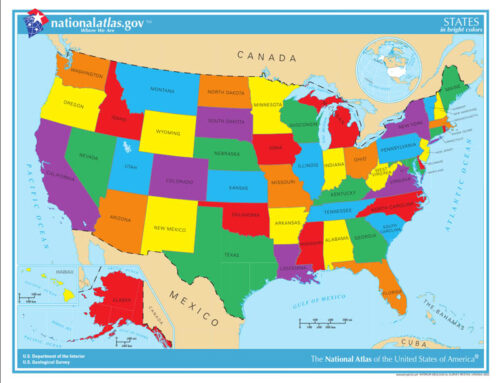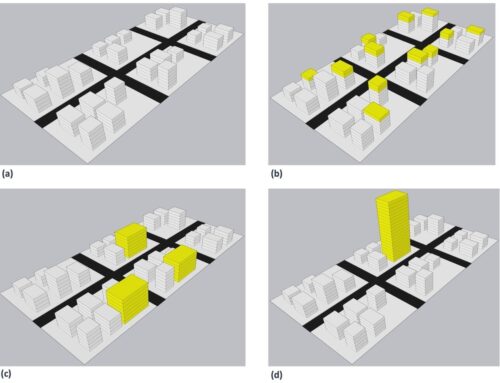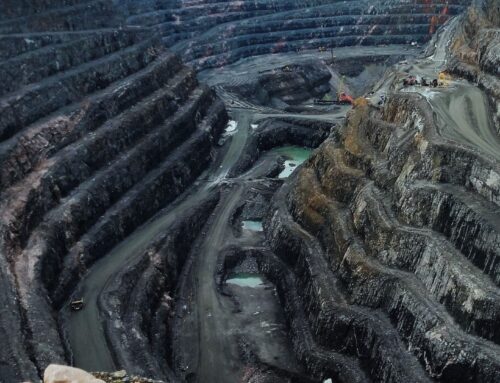Integrated environmental protection takes centre stage at 4th WCEL World Environmental Law
May 9, 2025
Story 09 May, 2025
“At a time when the planet faces mounting threats, strong, fair and just legal frameworks are not a luxury — they are a necessity. They are how we build a future where people and nature can thrive together, grounded in justice, equity and respect for the living world we all share,” said IUCN Director General Dr Grethel Aguilar, as she addressed WCEL Members and Congress participants. “I have seen firsthand how good laws and proper implementation can safeguard ecosystems, empower communities, defend the voiceless, and drive transformative change. The law is a very powerful tool that can help us protect nature —by defining and defending the rights and the responsibilities that allow us to thrive and prosper in harmony with a healthy, living planet”.
Focusing on the theme of “Integrated legal protection of air, ocean and land”, the Congress debated the need to address environmental systems in an interconnected manner – with legislative approaches offering a powerful means to bridge gaps and silos in the management of environmental issues.
In the same way that land, soil and air should not be considered as stand-alone elements but as cross-cutting ecosystem components, the challenges of food insecurity, water availability, climate change, biodiversity loss and health risks are interconnected, as highlighted by the Intergovernmental Science-Policy Platform on Biodiversity and Ecosystem Services (IPBES) in its recent Nexus Assessment report.
“Integrated legal approaches that view environmental systems and people as interconnected parts of a whole, rather than in isolation, offer the hope of an impact greater than the sum of its parts,” stated WCEL Chair and Professor at the University of Oslo, Prof Dr Christina Voigt.
In her opening address, Christina Voigt underlined the potential of law as a crucial governance tool to bring about transformative changes. “Law can create not only a global level playing field that avoids free riding, but also the legal structures for a coordinated, just, fair and effective response commensurate with our global challenges. And not only within environmental law, but within the legal system per se,” she said.
The diverse group of Congress participants, such as WCEL Members, legislators, UN staff, judges, lawyers, diplomats, legal counsels of development agencies and legal academics, provided a wide-ranging perspective on legislative options that emphasise integrated environmental protection. These included the recognition of the rights of nature and rights-based approaches to conservation, which the IPBES has identified as particularly effective in improving the nexus between ecosystem components and human uses. Additional key topics discussed were the role of law in environmental multilateralism; emerging trends in global environmental governance; environmental impact and risk assessments and the operationalisation of biodiversity protection in areas affected by armed conflict.
A key message from the Congress is that what is needed is a legal system that protects and enhances the environment in an integrated manner and recognises its profound value for achieving other objectives, such as the enjoyment of human rights, economic development, social stability, solidarity, peace and security.
Search
RECENT PRESS RELEASES
Related Post







